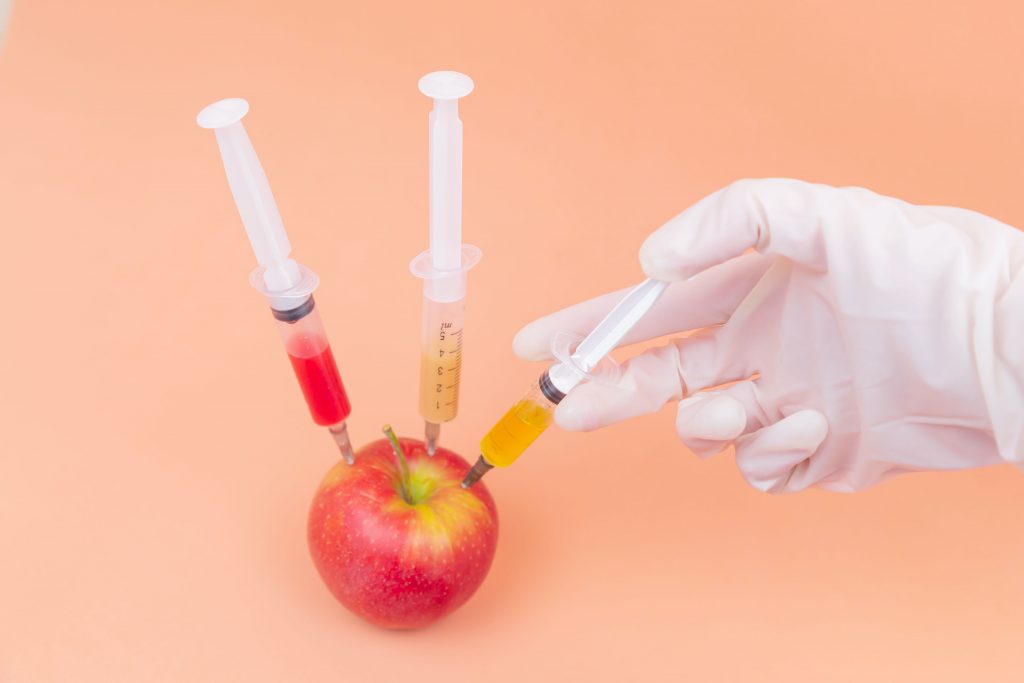Why The Chemical Industry Needs Chemical Control

The chemical industry is very broad. In retrospect, people may argue that it is simply everything man-made, however, the definition of the chemical industry goes deeper than that.

Chemicals exist in all forms. Both in natural and artificial states in both industrial and consumer use. The definition of chemical industry involves explosives to construct chemicals. Organic to inorganic, petroleum to water, gas to liquids, are all considered parts of the chemical industry. And all of these industries have various economical impacts as well as environmental.
People can no longer be without the use of chemicals in our life. Whether we are in need of gasoline for our cars, or concrete retarding agent selangor for our concrete admixtures, emollients for our lotions and moisturizers, chemicals are what makes all of this possible. However, the regulation of the necessary chemicals in this world has forecasted and projected some health and environmental outcomes that are less than pleasant to everyone.
The prevalence of the chemical industry without measures of chemical control and legislative laws in the works has contributed to the accumulation of occupational diseases, increased mortality rate, and other human health crises. Defining the exact cause and effect of chemicals on humans is only a fraction of what we could do to mitigate the health crisis imploding on us. As new discoveries get made, and more chemical innovations take place, chemical control, regulations and legislation also must evolve. Perhaps the inability of data on chemical exposure and the role it plays in detrimental health plays a great role in how we overlook the damage of chemicals in our life.
Cancer, heart diseases, kidney failures, skin diseases, occupational asthma, are all diseases that are linked to consistent chemical exposure. This is what’s happening to us humans, so we can only imagine what it does to the environment. Trees, marine life, and other wildlife take the brunt of our carelessness in chemical use. Many new chemical processes have come to the modern generation and few have been regulated through the lens of environmental impact. Some of the environmental effects of chemical exposure are a result of chemical pollution on the land and the sea, pesticide use, chemical dumps, deforestation for chemical plants and the list goes on. Many of the practices used in the chemical’s lifecycle have led to effects such as a decline in biodiversity, beneficial insects, marine life disturbance, increased number of endangered species, and climate change.
Both human and environmental impact is the reason why we as a society should raise better awareness of chemical management and control. Chemical control is beneficial for so many reasons including being cost-effective for the entire country. The cost of having high mortality, loss of biodiversity and habitats, pollution is much higher considered the preventative and chemical control measures an authority could take. Proper research and investigation could take us to a road of chemical resource efficiency, better industry operations, and leading us to a sustainable nation. The safety implications of the unregulated use of chemicals are far too dangerous for authorities and the public to ignore.
